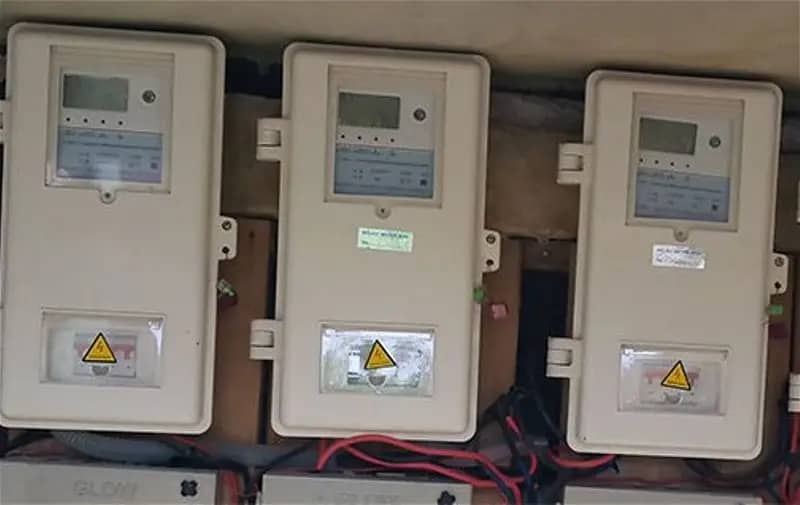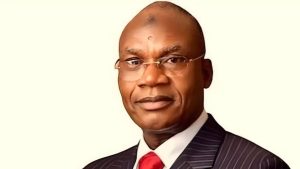Rising Forex, Inflation Push Prepaid Meter Prices Up by 80%, Reaching N147,610.43

By: Emmanuel Ibitoye
In a concerning trend, the prices of prepaid meters in Nigeria have witnessed an alarming 80% year-on-year surge, escalating to N147,610.43 for single-phase meters in February 2024, compared to N81,975 during the same period in 2023. Similarly, double-phase meters experienced an identical 80% increase, soaring to N259,002.43 from N143,836.10 in the previous year.
This surge in meter prices is attributed to the combined impact of Nigeria’s foreign exchange challenges and inflation. The situation has been exacerbated by a noticeable lack of production or importation of meters by Meter Service Providers (MSP) and Meter Asset Providers (MAP). Consequently, many consumers, despite having paid for meters, are yet to receive installations, leading to an increase in reliance on estimated billing.
To address these challenges, the Federal Government has opted to liberalize the metering market. This move relinquishes control over meter prices by the Nigerian Electricity Regulatory Commission (NERC), allowing market forces to determine prices based on factors such as foreign exchange rates and inflation.
Despite these efforts, a notice of power disconnection has been issued by the Abuja Electricity Distribution Company (AEDC), targeting the Presidential Villa and various government ministries, departments, and agencies due to a cumulative indebtedness of N47 billion. This underscores the financial strain in the power sector.
As part of the liberalization process, NERC is working on developing modalities for efficient operations. The aim is to foster price transparency and cost reflectivity, ensuring fair competition and safeguarding consumer interests. The transition to a liberalized metering services market also involves the formation of a joint committee, including NERC, Nigerian Electricity Management Services Agency (NEMSA), Electricity Distribution Companies (DisCos), MSP, and MAP, to oversee the market’s evolution.
While the market shift seeks to eliminate uncertainties associated with estimated billing, enhance customer satisfaction, and stimulate innovation, it also highlights the broader financial challenges faced by government agencies in the power sector. The increasing debts owed by these entities indicate a need for comprehensive solutions to ensure the sustainability and efficiency of the electricity supply system in Nigeria. The Chairman/CEO of NERC, Sanusi Garba, was unavailable for comments at the time of this report.








